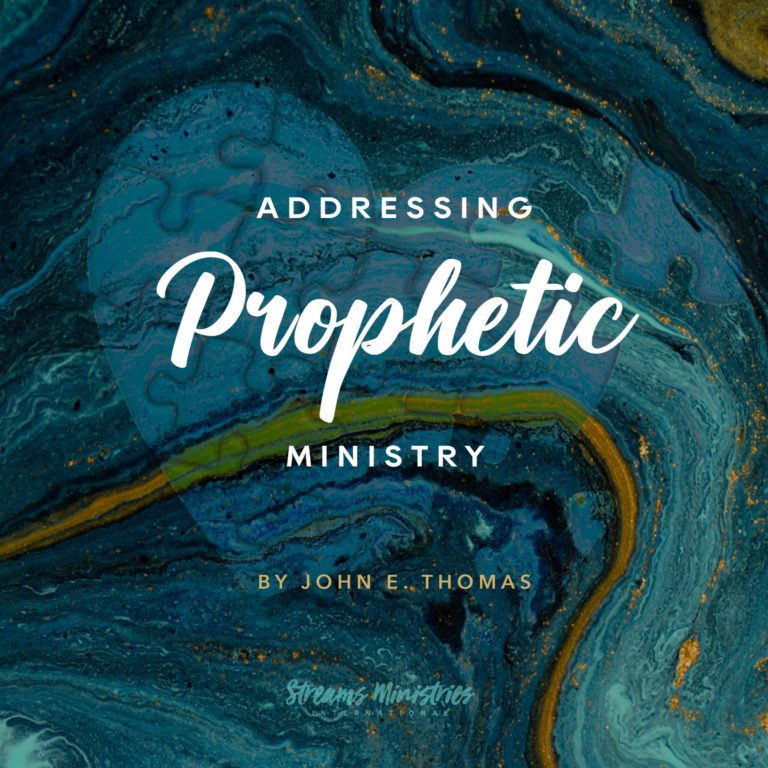“They have seen false visions and lying divinations. They say, ‘Declares the Lord,’ when the Lord has not sent them, and yet they expect him to fulfill their word. Have you not seen a false vision and uttered a lying divination, whenever you have said, ‘Declares the Lord,’ although I have not spoken?”—Ezekiel 13:6–7
This seems like a harsh warning when you first read it. It almost draws a picture of someone who is in conscious rebellion to the Lord and is just making up ‘prophetic words’ to get their own way. It can be that, but there is another way this pattern shows up.
Have you ever heard someone praying or asking God for something and then start saying: “I prophesy”? Or someone telling everyone in the crowd to say, “I prophesy…”? Or how about someone who is posting daily ‘words’ from God that sound more like a horoscope than the word of the Lord?
These are common ways this happens. There can be a tendency to forget that saying, “I prophesy…” means that you have heard God say something and are repeating it. It doesn’t mean that you think something should happen. It does not mean that you want something to happen. Those are prayers and should be requests to God or statements to creation, but they are not prophecy unless God has spoken it.
Something is prophetic because it came from the mouth of God, not the heart or mind of man. The word prophesy means to speak in front of or to speak for another. Saying, “I prophesy…” is not a magic formula to make something happen.
I am concerned that we have become flippant about throwing this term around and we should develop again a holy fear when we claim to speak for God. If we feel God has spoken something we should relate how that came to us so that the person listening can discern if it is from God or not.
If we had a thought we felt was from God we should say, “I had this thought I think was from God…” or, “I keep thinking…, does that mean anything to you?” If it was a feeling, then communicate that. If it came in a dream then say, “I had a dream that I believe means…”. If an angel stood in front of us and gave us a message, then tell the story of the angel. If you hear an audible voice or an internal audible voice that you know is God then you can say, “I just heard God say…”
Saying, “Declares the Lord,” does not commit God to fulfilling the words being spoken. It is a false vision or a lying divination if He hasn’t spoken. Let us keep that phrase for when God actually does speak. When we do our authority will increase, people will trust what we say is from God, and God will back up the words that we speak!
About The Author

John E. Thomas is the president of Streams Ministries International and the co-author of The Art of Praying the Scriptures: A Fresh Look at Lectio Divina with John Paul Jackson. Teaching on prophetic ministry, dream interpretation, and the Kingdom of God, he travels internationally and works to help restore the awe of God to a world that has lost its wonder. John and his wife Dawna, live outside of Dallas, Texas.
You can find out more about John and Streams Ministries here.




